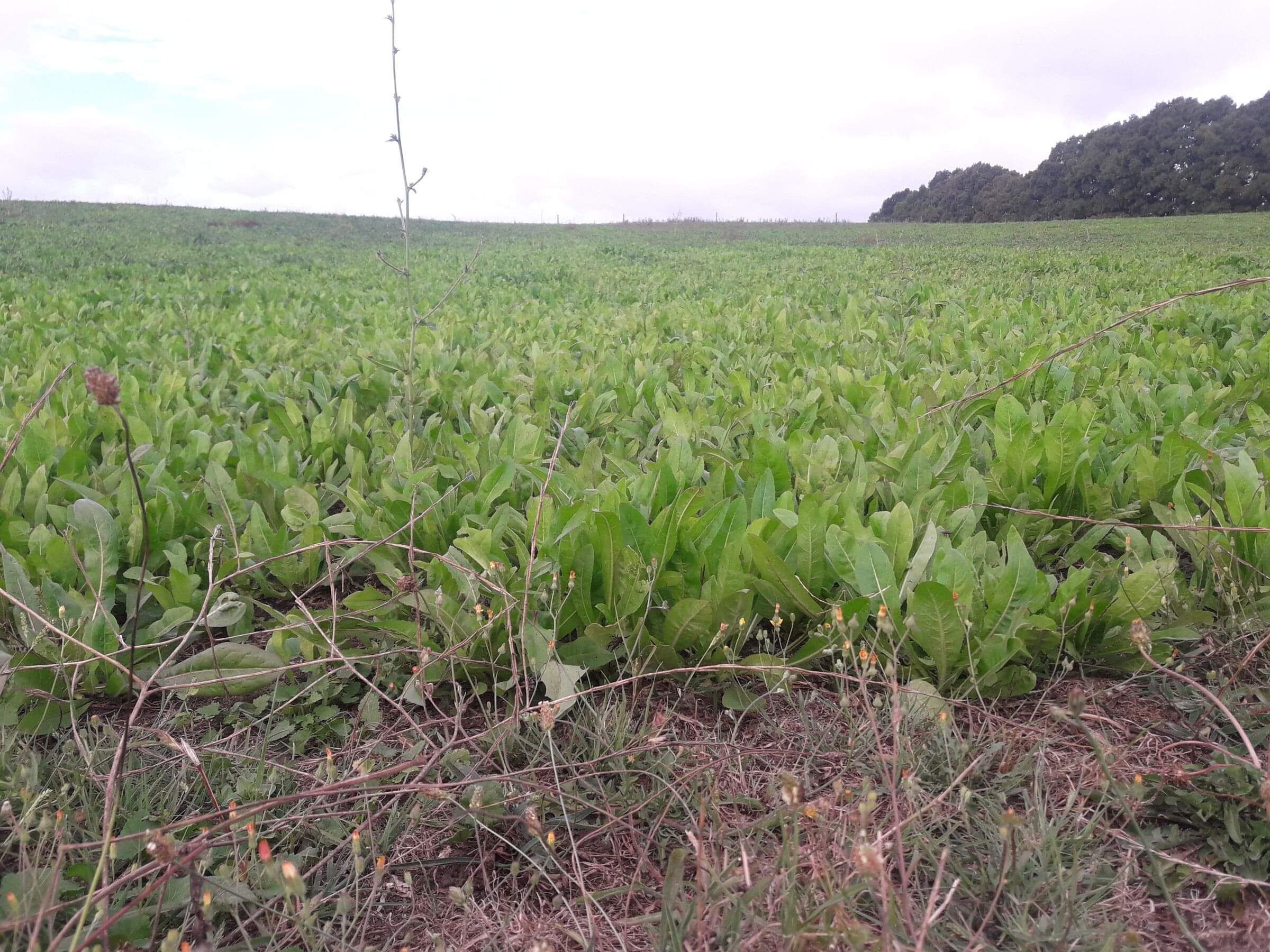Summer Feed Supplements
Turnips
These are an excellent source of protein (leaves) and carbohydrate (bulbs). Carbohydrates in turnips are a mix of soluble sugars and starches and more complex structural forms. This helps meet the needs of the rumen microbes for a range of fermentation rates. A common problem seen with turnips is that cows are often not fed enough. Aim for a minimum of 3kgDM/cow/day for Jerseys and 6 kgDM/cow/day for big Friesians. Remember that Barkant turnips have a use by date. The bulbs deteriorate from the inside out and there is rapid deterioration in the digestibility and protein quality in the leaf.
Palm Kernel
This does not have readily available starches or sugars so it is not a complete feed, but it is nutrient dense and does contain a reasonable amount of protein that helps maintain milk production in late lactation. As it is a digestible not fermentable feed it is very rumen friendly. Another big benefit is the oil content, which is a good source of cow energy and helps maintain cow condition. PKE and turnips together provide a better summer ration than either on its own.
Grass Silage
Will only be good for summer milk if made from good quality, leafy, high digestibility grass that has been harvested and ensiled properly. Poorer quality silage should be kept for dry cows. Remember that silages do not contain sugars (used up in ensiling process) and that soluble sugars and starches are required by rumen microbes for optimum protein recovery. Adding molasses will increase the energy intake of the cows.

Chicory
Becoming very popular due to it's drought tolerance, chicory is a great crop to provide cows with a decent portion of their ration. A good chicory crop can be expected to have energy levels of around 12MJME/Kg DM - much higher than summer grass (likely sitting at around 7 or 8 ME!). The protein levels can also be very high depending on how much nitrogen the crop has received - anywhere between 13 and 30% CP. Fibre or NDF levels are also low, another benefit at this time of year as high fibre diets (heat stressed ryegrass, baleage and poorer quality silage) are slowly digestible in the rumen resulting in increased ruminal heat production in already hot cows!
Other silages
Legumes such as Lucerne are better for milk producers if made correctly at the correct time. Maize silage is a good carbohydrate source but can be limiting if used in large quantities in summer. Addition of protein supplements such as PKE, copra or Soya meal will improve milk production if using maize silage.
Molasses
These are energy dense and help increase intakes without increasing metabolic heat as they are very easily digestible. Can be used to improve the palatability and digestibility of other feeds, such as poorer quality silage.
Meals
High protein meals (e.g. soya, canola) are excellent as part of the ration for high performing cows. Grain based concentrates (wheat, barley) are energy dense, and an excellent carbohydrate source, but in moderation. Too much leads to rapid rumen fermentation, which may make “hot” cows worse and cause acidosis.